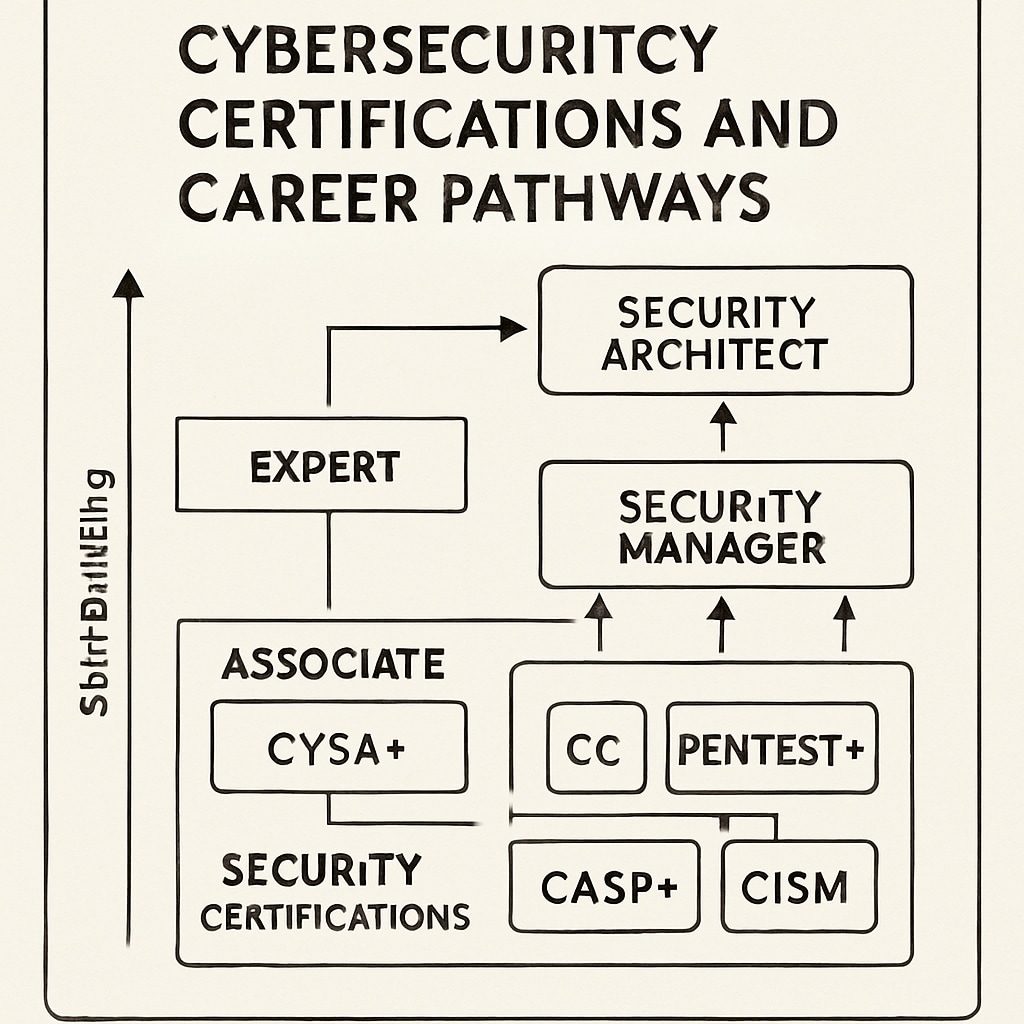In today’s competitive cybersecurity job market, university reputation, employment prospects, and cybersecurity degrees are often discussed when planning a career. However, while a prestigious university may open doors for networking, it is technical skills, industry certifications, and hands-on experience that truly define employability in the cybersecurity field. This article explores the unique dynamics of the cybersecurity employment ecosystem and provides actionable career advice for K12 students aspiring to thrive in this industry.
Do Employers Value University Reputation Over Practical Skills?
Many students assume that graduating from a renowned university is the key to securing a lucrative cybersecurity job. While some employers may initially favor candidates from high-ranking institutions, the reality in cybersecurity is different. Employers prioritize candidates who can demonstrate their ability to solve real-world problems, regardless of the institution they attended.
For example, industry certifications such as CompTIA Security+, Certified Information Systems Security Professional (CISSP), and Certified Ethical Hacker (CEH) often carry more weight than a university diploma alone. These certifications reflect specialized knowledge and a commitment to staying updated in a rapidly evolving field.

Key Skills That Outshine University Prestige
Successful cybersecurity professionals excel in technical expertise, analytical thinking, and adaptability. Here are some critical skills employers look for:
- Technical Proficiency: Knowledge of programming languages such as Python, understanding of network protocols, and familiarity with tools like Wireshark and Metasploit are essential.
- Problem-Solving: The ability to think critically and address security vulnerabilities efficiently.
- Cybersecurity Frameworks: Familiarity with frameworks like NIST and ISO 27001 helps professionals align with industry standards.
- Communication Skills: The ability to explain technical concepts to non-technical stakeholders is often overlooked but vital.
These skills, combined with certifications and hands-on project experience, create a compelling profile for employers. As a result, K12 students should focus on developing a strong foundation in these areas rather than solely aiming for admission to prestigious universities.

Planning a Cybersecurity Career: Advice for K12 Students
Early preparation is the key to success in cybersecurity. Here are steps K12 students can take to build a strong foundation:
- Explore Technology: Start learning programming languages such as Python, Java, or C++ during high school.
- Participate in Competitions: Join cybersecurity challenges like Capture The Flag (CTF) events to practice real-world scenarios.
- Pursue Certifications: Consider beginner-friendly certifications like CompTIA IT Fundamentals (ITF+) to establish credibility.
- Engage in Internships: Seek opportunities to intern with IT departments or cybersecurity firms for hands-on exposure.
- Build a Portfolio: Document projects and achievements in a portfolio to showcase skills to potential employers.
By following these steps, students can enter the cybersecurity field with a competitive edge, regardless of the university they choose to attend.
Conclusion: The Evolving Landscape of Cybersecurity Careers
While university reputation may influence initial impressions, it is ultimately skills, certifications, and practical experience that dictate long-term success in cybersecurity careers. Aspiring professionals should focus on building technical expertise and gaining hands-on experience rather than relying solely on their university’s prestige. For K12 students, the roadmap to a rewarding cybersecurity career begins with early skill development and the pursuit of industry-recognized certifications.
As the cybersecurity field continues to grow, the demand for talented professionals will outweigh the importance of university branding. Employers will increasingly seek candidates who can adapt to challenges and deliver results, ensuring that real-world competence remains the cornerstone of career advancement.
Readability guidance: This article is structured with short paragraphs, lists, and clear transitions to maximize readability. It avoids keyword overuse while maintaining focus on essential concepts.


